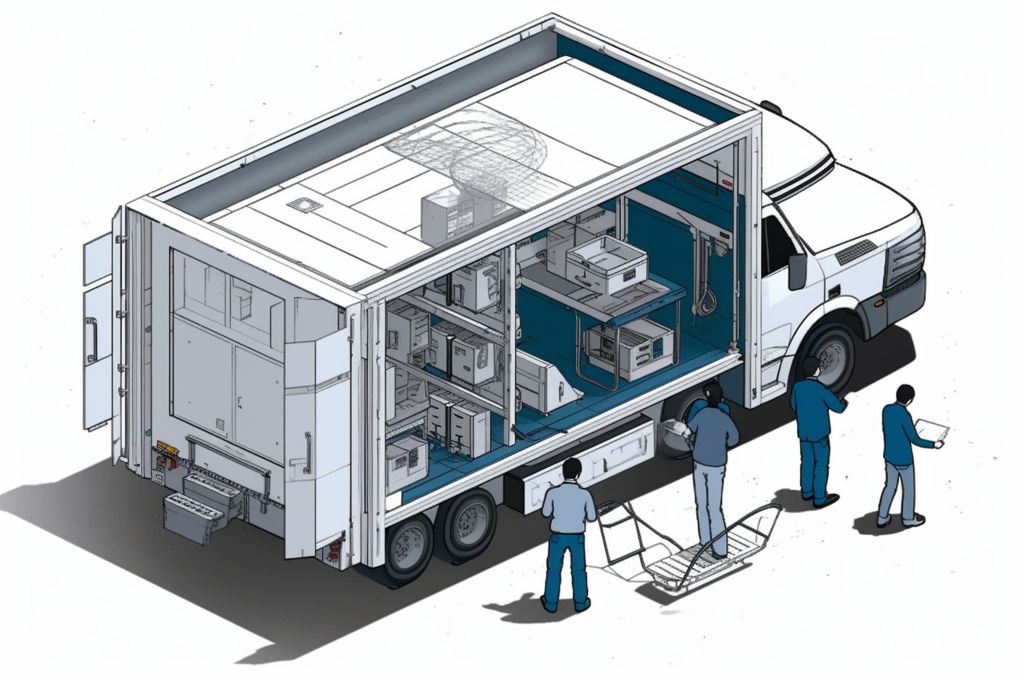The South African government has recently released draft amendments to the regulations and notices pertaining to Extended Producer Responsibility (EPR) for public consultation. These amendments are meant to provide technical clarifications for the regulated industry and stakeholders and address electrical and electronic equipment products, the lighting sector, and paper, packaging, and some single-use products. This article aims to give an overview of the key proposed changes and the consultation process.
Proposed Changes
The proposed amendments have been published in Government Gazette 48527 (Notice No. 3388) by the Minister of Forestry, Fisheries, and the Environment on 5 May 2023. They are based on the National Environmental Management: Waste Act and are meant to eliminate any ambiguity or uncertainty for the regulated industry and stakeholders by refining the EPR Regulations of 2020 and the associated notices.
The amendments cover various areas, including revisions to definitions, reporting requirements, and the inclusion of the Returnable Packaging Scheme or Deposit Refund System as part of the EPR Scheme. The proposed changes also aim to strengthen enforcement and compliance by holding producers liable for achieving published targets and curbing free riders. The draft amendments address the request for exemption of the pharmaceutical sector from EPR, a review of financial arrangements in Regulation 7, and the removal of redundant clauses in the regulations.
Public Consultation Process
The South African government encourages public participation in the consultation process to ensure that the finalized amendments are comprehensive and effective. Interested parties, including members of the public, industry stakeholders, and other concerned parties, are invited to submit written representations or objections to the proposed amendments by 5 June 2023. Submissions can be made via post, hand delivery, and email.
It is important to note that comments received after the closing date may not be considered. Therefore, interested parties are urged to familiarize themselves with the full draft notice and submit their feedback in a timely manner. The draft notice and further information on submitting feedback can be accessed in the Government Gazette here.
Through these proposed amendments, the South African government seeks to refine and clarify the EPR Regulations to ensure they are effective in achieving their intended goals. By providing clearer guidance to the industry and fostering a strong culture of compliance and responsibility, the government hopes to create a better future for the environment. The public consultation process is a valuable opportunity for stakeholders to voice their concerns and opinions, and it is essential for individuals and organizations to participate in shaping the future of EPR in South Africa.










